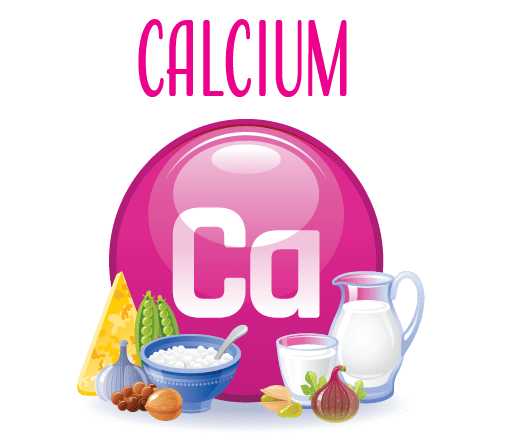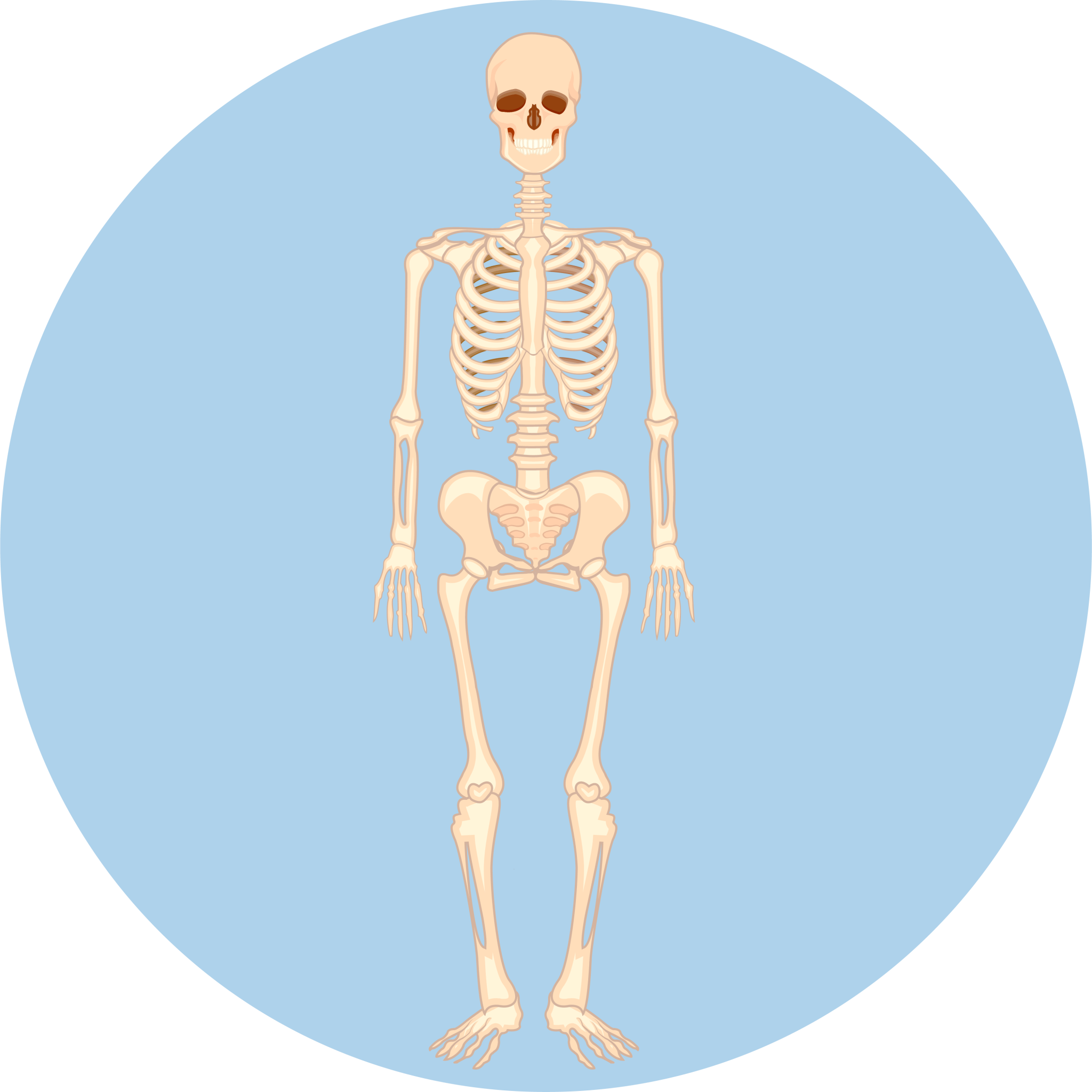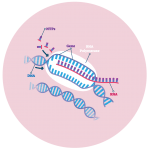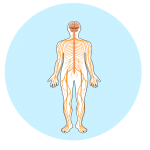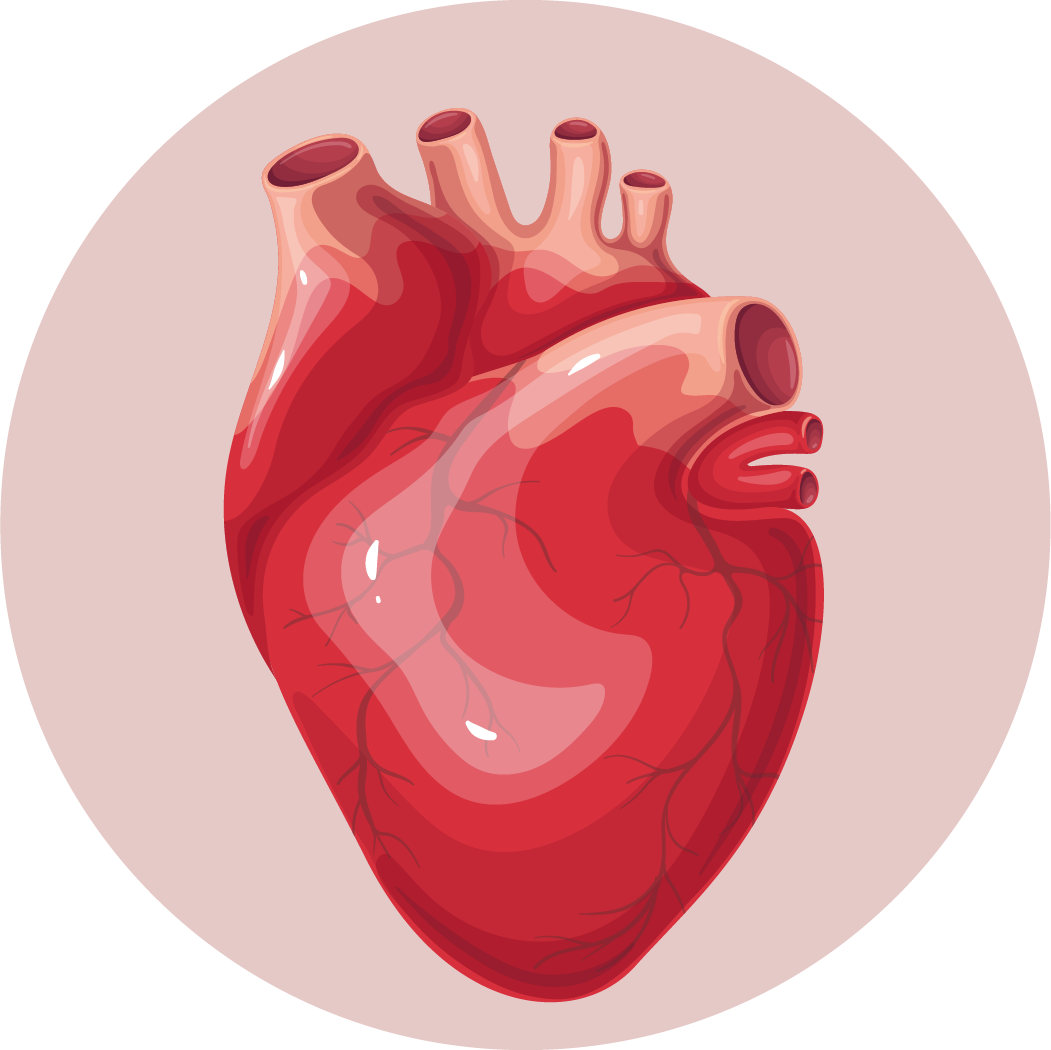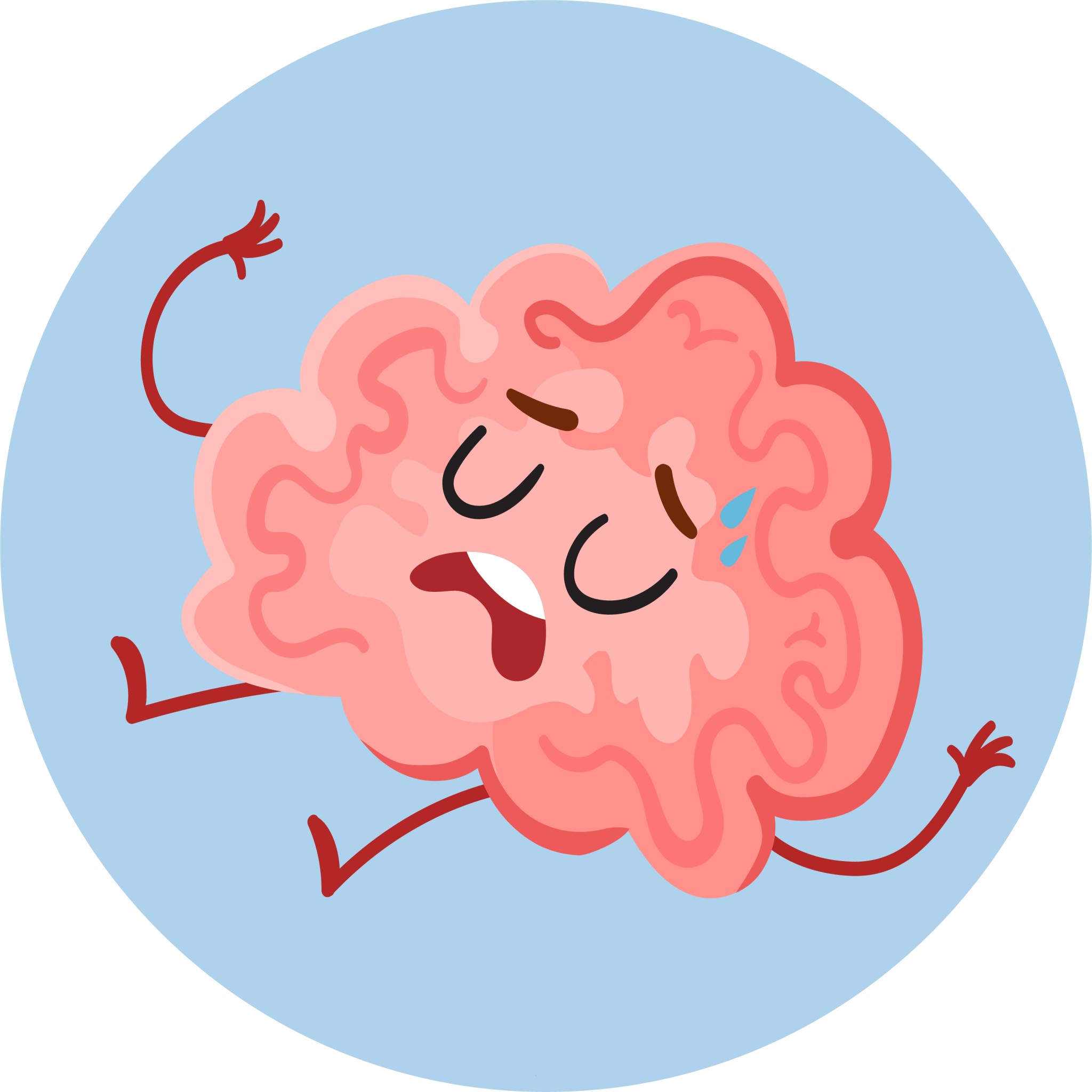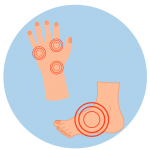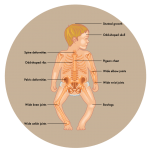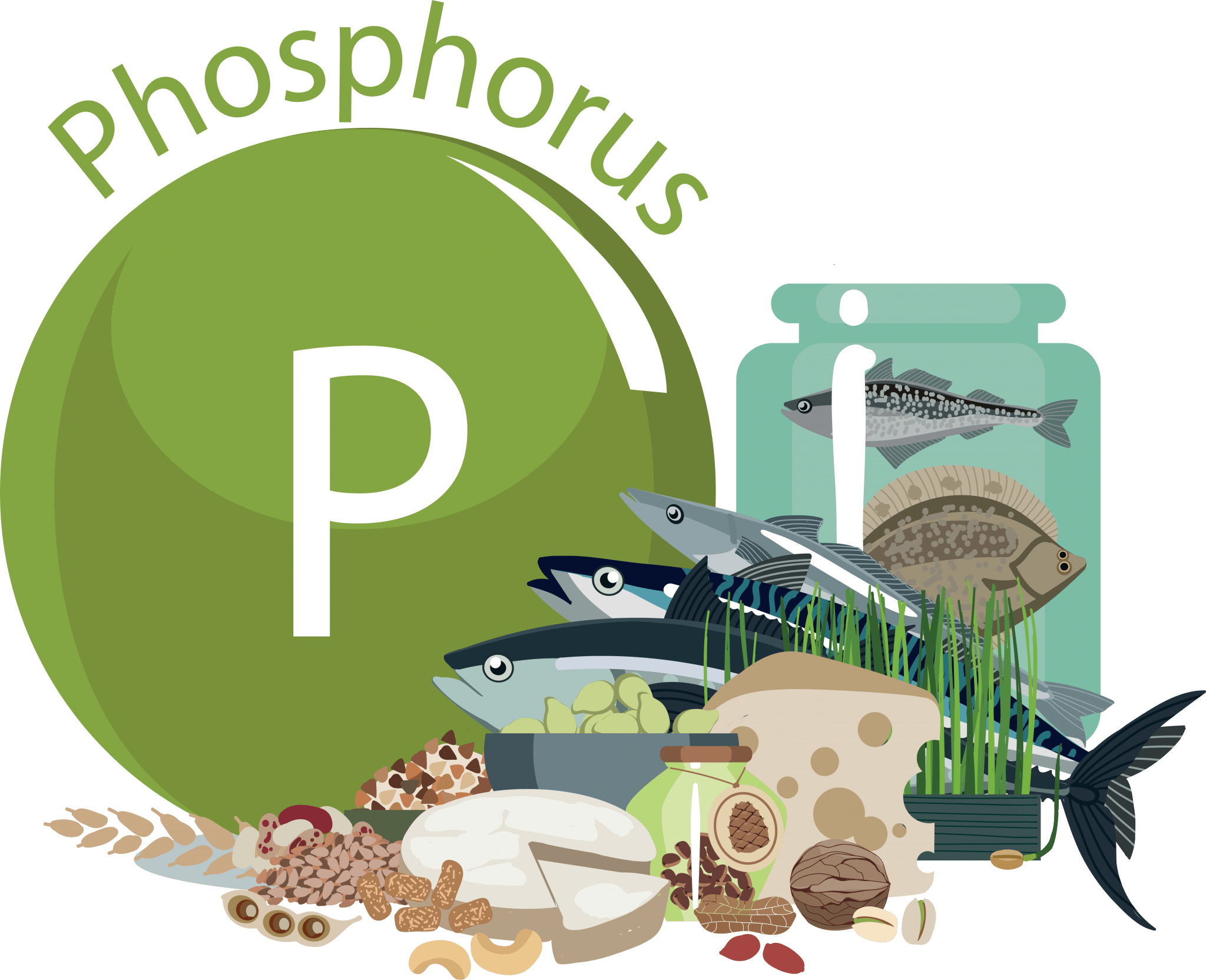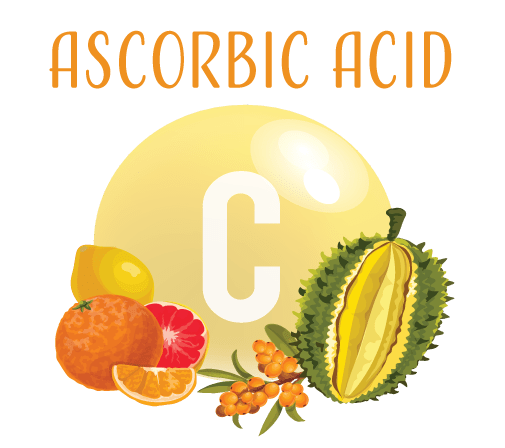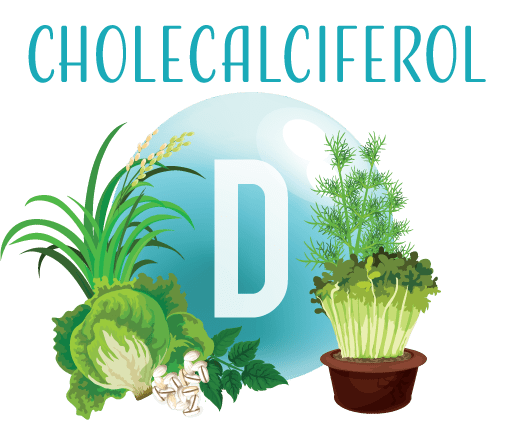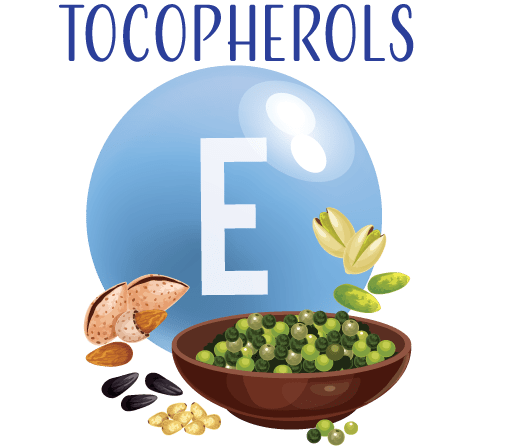Advantages of Calcium: Essential for Bones and Mobility
Are you aware of calcium’s vital role in keeping your body healthy? This crucial mineral is responsible for developing and maintaining strong bones and teeth for healthy movement and energy levels. However, like most things, too little or too much can harm your body.
It is essential to maintain a balance of calcium intake in your diet. Insufficient intake may result in bone and teeth problems, such as osteoporosis, tooth decay, and brittle bones. Conversely, excessive consumption can cause hypercalcemia, which may lead to kidney stones, abdominal pain, and other gastrointestinal issues.
But don’t worry; maintaining a balanced intake is easier than you think. Depending on your age, gender, and lifestyle, you can get sufficient calcium through your diet. However, it’s always best to consult your healthcare provider and get regular check-ups to ensure optimal health.
So, what are you waiting for? Start incorporating calcium-rich foods into your diet and give your body the care it deserves!
